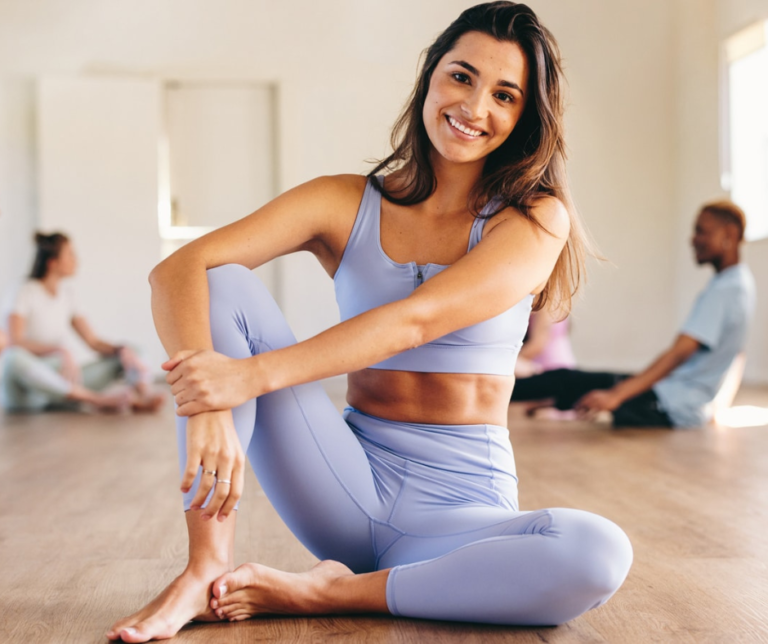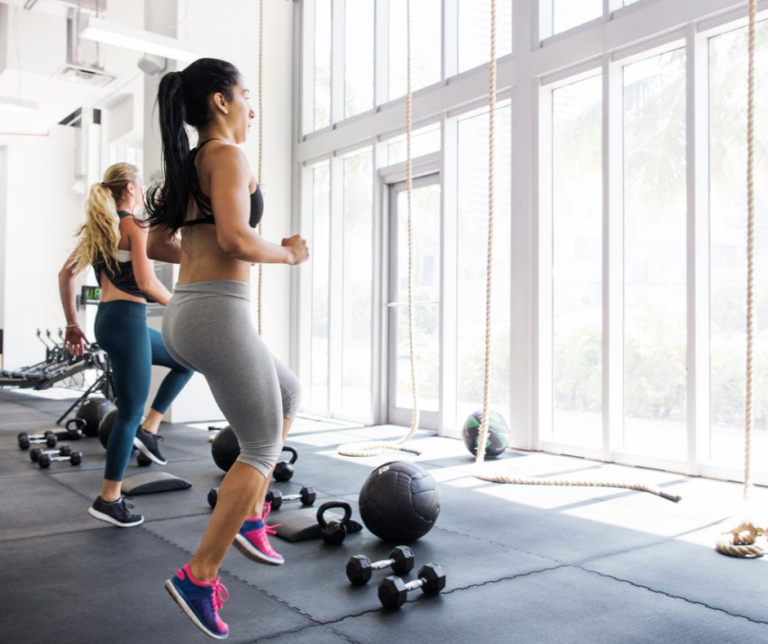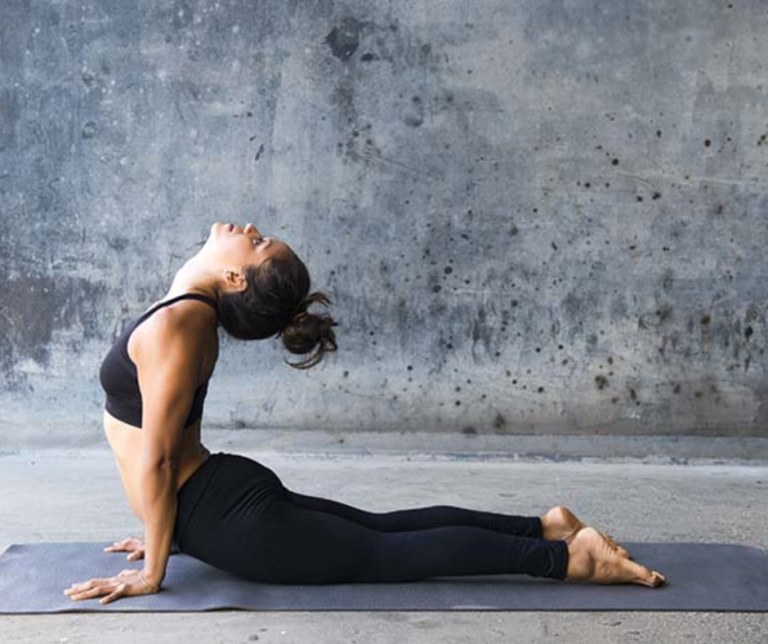How to Build Body Confidence in Teens: A Guide for Parents and Teens
Meta Description: Learn practical tips, expert insights, and effective strategies on how to build body confidence in teens. Help teenagers develop a healthy self-image in the age of social media.
Introduction
The teenage years are a whirlwind of change—physical, emotional, and psychological. As bodies develop, hormones fluctuate, and peer comparisons increase, body confidence can take a major hit. For many teens, self-worth becomes intertwined with appearance, often leading to insecurity, anxiety, and even eating disorders.
In today’s world—where social media filters, unrealistic beauty standards, and influencer culture dominate—it’s more important than ever to help teens build a positive relationship with their bodies.
This guide dives into why body confidence matters, the common causes of low self-esteem in teens, and how parents, teachers, and teens themselves can foster body positivity, self-acceptance, and mental well-being.
What is Body Confidence?
Body confidence means accepting, appreciating, and feeling good about your body, regardless of its shape, size, or perceived flaws. It’s not about vanity or perfection—it’s about respecting your body and knowing your value goes beyond appearance.
For teens, body confidence plays a crucial role in:
- Mental health and emotional well-being
- Social development and peer relationships
- Academic performance and extracurricular involvement
- Resilience and self-esteem
Why Teens Struggle with Body Confidence
Let’s explore the major reasons behind body image issues in adolescents:
1. Puberty and Physical Changes
Teen bodies change rapidly—weight gain, acne, height differences, and body hair can create discomfort or embarrassment. Teens often feel awkward or unsure of their appearance.
2. Media Influence and Unrealistic Beauty Standards
From Instagram to TikTok, teens are bombarded with edited and filtered images that promote a narrow definition of beauty—flawless skin, toned bodies, and designer lifestyles.
3. Peer Pressure and Comparison
Teens frequently compare themselves with peers—both in real life and online. Comments about appearance, body-shaming, or teasing can deeply impact their self-image.
4. Cultural and Gender Expectations
Girls are often expected to be slim and graceful, while boys face pressure to be muscular and athletic. These stereotypes can affect how teens view their natural body types.
5. Family Attitudes Toward Appearance
Teens absorb body-related comments from parents and siblings. If family members are overly critical of themselves or others, it can influence teens’ perceptions of their own bodies.
Signs of Low Body Confidence in Teens
Watch for these signs that may indicate your teen is struggling with body image:
- Avoids mirrors or photos
- Constantly compares their appearance to others
- Expresses a desire to lose or gain weight obsessively
- Wears oversized or hiding clothes
- Skips meals or shows disordered eating behaviors
- Withdraws from social situations
- Frequently expresses dissatisfaction with their looks
How to Help Teens Build Body Confidence
Here’s a practical guide for parents, teachers, and guardians to nurture body positivity in teenagers:
1. Promote a Healthy Relationship with Food and Exercise
- Focus on nourishment, not weight. Talk about food in terms of energy, health, and enjoyment rather than calories or guilt.
- Encourage fun physical activities. Suggest dancing, swimming, cycling, or sports instead of “working out to lose weight.”
- Avoid labeling foods as “good” or “bad.” Teach moderation and balance.
2. Be a Body-Positive Role Model
- Avoid criticizing your own body in front of your teen.
- Refrain from making negative comments about others’ appearances.
- Model self-care and confidence through your words and actions.
Example: Say “I feel strong and energized after yoga” instead of “I need to lose weight.”
3. Celebrate Function Over Form
Help teens understand their bodies are tools, not just ornaments.
- Praise what their body can do: run, dance, learn, play, create.
- Reinforce the idea that their worth isn’t tied to physical appearance.
4. Limit Exposure to Toxic Media
- Educate teens about photo editing and social media manipulation.
- Encourage following body-positive influencers or accounts that promote self-love.
- Suggest screen-free time or social media detoxes to reduce comparison.
5. Normalize Body Diversity
Teach teens that every body is unique—and that’s a good thing.
- Discuss how genetics, culture, and hormones shape bodies differently.
- Show diverse representations of beauty through books, shows, and conversations.
6. Teach Emotional Intelligence and Self-Compassion
- Help them name and process feelings: shame, insecurity, or fear.
- Introduce journaling, mindfulness, or meditation to build self-awareness.
- Encourage self-kindness: “It’s okay to have bad days. You’re still valuable.”
7. Address Teasing and Bullying Early
If your teen is being body-shamed at school or online:
- Take it seriously and report it.
- Offer emotional support and validate their experience.
- Empower them with confidence-boosting responses and coping strategies.
8. Seek Professional Help When Needed
If your teen shows signs of:
- Disordered eating (anorexia, bingeing, etc.)
- Depression or social withdrawal
- Obsessive behaviors about weight or appearance
… consider consulting a therapist or counselor specializing in adolescent health and body image.
How Teens Can Boost Their Own Body Confidence
Here are some actionable steps for teens themselves:
1. Practice Positive Self-Talk
- Replace “I hate my thighs” with “My legs help me move and dance.”
- Create a list of things you like about yourself, including non-physical traits.
2. Dress in What Makes You Feel Good
- Wear clothes that fit comfortably and express your personality.
- Don’t follow trends that make you feel self-conscious or uncomfortable.
3. Surround Yourself with Supportive People
- Be with friends who uplift you, not those who tear you down.
- Avoid toxic social media comparisons—unfollow people who make you feel less-than.
4. Take Breaks from Mirrors and Screens
- Don’t obsessively check your reflection or photos.
- Take days where you focus more on how you feel than how you look.
5. Learn a New Skill or Hobby
- When you focus on growth (music, sports, art), confidence builds from achievement—not appearance.
The Role of Schools and Communities
Schools and community programs can play a huge role in promoting body confidence:
- Include body image education in health classes.
- Celebrate diversity in school posters, uniforms, and sports programs.
- Offer mental health support and open discussions about body image.
Body Confidence is a Journey
It’s normal for teens to have insecurities. But with the right support, education, and environment, they can grow into adults who honor their bodies, appreciate their individuality, and radiate self-confidence.
Parents, teachers, and society must work together to create a culture where all teens feel safe, valued, and seen—no matter their size, color, or shape.
Final Thoughts
Helping teens build body confidence isn’t just about teaching them to like how they look—it’s about empowering them to value who they are. With patience, guidance, and empathy, we can raise a generation that’s resilient, confident, and compassionate toward themselves and others.







